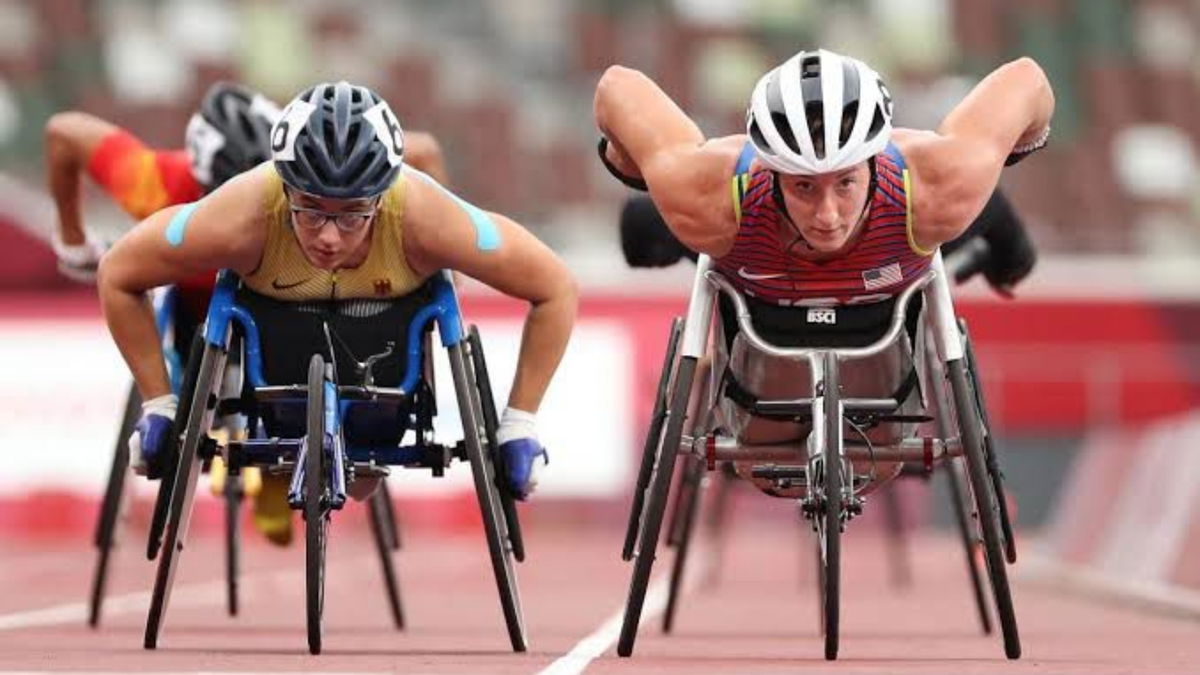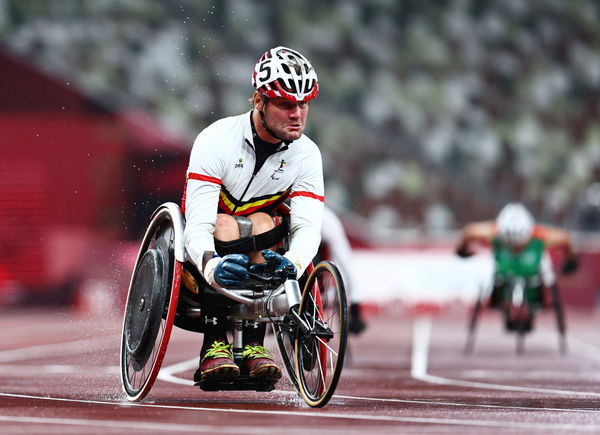

After the Olympic Games wrapped up in Paris on August 11, the spotlight quickly shifted to the 2024 Paralympics. It seems they are ready to keep the City of Light shining bright. With over 4,400 athletes from more than 180 nations (along with the Neutral Paralympic Athletes and Refugee Paralympic Team) preparing to give it their all, this 16th edition of the Paralympic Games is shaping up to be a real barnburner. And guess what? It will feature 22 sports this time around. But why are these games different?
Watch What’s Trending Now!
Just like the Olympics, the Paralympics show incredible athletes with disabilities who are competing on a global stage. Split into Winter and Summer Games that alternate every two years, the Games highlight a unique kind of strength. Despite encountering obstacles like blindness, short limbs, or missing limbs or arms, these athletes exhibit determination that renders them equally formidable and inspiring as any Olympian athlete.
And last, but not least, for this event, famous venues across Paris such as the Roland Garros, the Chateau de Versailles Gardens, and the Stade de France are getting ready for round two. The best Paralympians in the world have just started entering the space of their dreams, where they chase gold while defying the odds. But what makes it so different? Why are the Games watched all over the world?
ADVERTISEMENT
All about the Paralympic Games and their history
From August 28 to September 8, it is the first time that France is hosting the Summer Paralympics (although, in fact, they warmly showed they could bear the heat in their 1992 Winter Games in Tignes and Albertville). And there’s more! The Paralympic flame was lit on Saturday, August 24, in a symbolic ceremony in Stoke Mandeville, England, where the Paralympic movement was born. But how does the idea of this game come to mind?
It all started in 1948 at Stoke Mandeville, a hospital for war veterans 60 kilometers north of London, with a German neurologist named Ludwig Guttman who was looking for a way to help his paraplegic patients (primarily Second World War veterans) recover their ‘health more speedily’. The RAF pilots with spinal injuries were patrons of wheelchairs.
ADVERTISEMENT

ADVERTISEMENT
By chance, the London Olympic Games were being staged nearby at the time, and Dr. Guttman organized competitions in archery and netball, with some 16 veterans in wheelchairs involved in the sporting occasion. What he did not know then was that he had just sown the seeds of an emerging global sporting movement. By 1952, the Stoke Mandeville Games had expanded to hold the first international competition with veterans from the Netherlands alongside the British teams. The event kept growing. In 1954, 14 national teams took part, with most of the visitors being paraplegics who entered from hospitals or rehabilitation centers.
Top Stories
Cowboys Fire Defensive Coordinator Matt Eberflus: Contract, Salary, NFL Earnings & More

Ross Chastain Labels NASCAR Driver “The Most Punchable Face” to Excuse Himself Over Punchgate Controversy

Arman Tsarukyan Back in Play as Justin Gaethje Staph Infection Rumors Causes Fan Panic Before Paddy Pimblett Fight

10 Biggest NFL Draft Busts of the Last Decade, Including Trey Lance and Justin Fields

Blue Jays To Ditch Kyle Tucker For Beloved Toronto Star As Toronto Bids To Bolster Vladimir Guerrero Jr., Per Insider

Ex-Wife Elin Nordegren’s Reaction to Tiger Woods Dating Vanessa Trump Speaks Volumes

The initial sports events set the stage for a chapter in athletics, enabling people with disabilities not just to take part but to excel in showcasing their capabilities to the world. Dr. Guttman emphasized that the task went beyond survival; it involved reinstating dignity and empowering these individuals to be valued members of society. Then, in 1960, Rome hosted the Paralympic Games for six days following the conclusion of the Olympic Games.
ADVERTISEMENT
The sporting events have developed over time, bringing in activities and categories for various disabilities. This has led to a range of participants, including amputees, visually impaired individuals, those with cerebral palsy, and more. What began as a small, localized event has blossomed into a worldwide celebration, and now, in two more days, the Paralympics 2024 will take place! But since then, it has evolved a lot, with more applied criteria for the athletes.
What are the rules and entry criteria for the Paralympic Games?
Evaluating athletes for the Paralympics involves following guidelines and requirements to determine their Sport Class and Status accurately. It aims to address three questions: Does the athlete have a qualifying impairment for their sport? Does their impairment meet the criteria set by the sport? Which sports class aligns best with the athlete’s skills needed for their sport?
ADVERTISEMENT
The initial stage involves the classification process. This evaluation method considers how different limitations impact an athlete’s performance in their sport, focusing on aspects like skill, fitness level, strength, stamina, tactical skills, and mental concentration. Athletes are grouped into categories based on the ten types of impairments specified in the IPC Handbook. These categories encompass conditions such as reduced muscle strength, limb irregularities, differences in leg length, shorter stature, and various neurological and sensory limitations. Through an assessment of each athlete’s impairment, the classification system ensures that competition is centered on abilities rather than their specific disability characteristics.
In the next phase of categorizing athletes, it’s important to assess whether an athlete fulfills the Minimum Impairment Criteria for their sport. Every sport has its own set of regulations outlining the extent of impairments required to participate. These guidelines guarantee that the impairment affects aspects of the sport, such as setting a height limit for athletes of a certain stature or specifying a particular level of amputation.
The next step is to place the athlete in a sports category that matches their skill level. Sports that cater to disabilities, such as Para Athletics, have categories to promote fair competition. This procedure involves technical evaluations along with on-field observations. Athletes may undergo reclassification if their condition changes over time. Panels of experts in classification oversee this process to ensure categorization based on the unique requirements of each sport. Ultimately, this comprehensive classification system aims to establish a playing field where every athlete’s talents and capabilities can shine.
ADVERTISEMENT
ADVERTISEMENT
ADVERTISEMENT
ADVERTISEMENT

